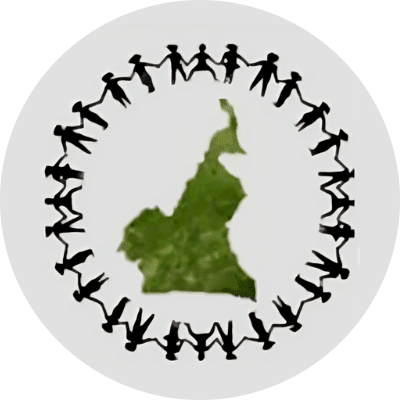
Sustainable Agriculture Initiatives: Nurturing Cameroon's Rural Economy and Food Security

Posted on December 12th, 2023
Cameroon's agricultural sector serves as the backbone of its economy, providing livelihoods for a significant portion of the population and contributing to national food security. However, persistent challenges such as land degradation, climate change, and limited access to resources hinder the sector's potential for sustainable growth. This article explores the importance of sustainable agriculture initiatives in nurturing Cameroon's rural economy and ensuring food security, while also highlighting innovative approaches to address existing challenges.
1. Climate-Resilient Farming Practices:
Climate change poses a significant threat to agricultural productivity in Cameroon, with unpredictable weather patterns and extreme events becoming more frequent. Implementing climate-resilient farming practices such as agroforestry, conservation agriculture, and water management techniques can help farmers adapt to changing environmental conditions. These practices not only enhance resilience to droughts and floods but also improve soil fertility, biodiversity, and overall ecosystem health.
2. Promoting Agribusiness and Value-Added Processing:
Unlocking the full potential of Cameroon's agricultural sector requires not only increasing production but also adding value to agricultural products through processing and value-added activities. Promoting agribusiness ventures such as food processing, packaging, and marketing can create employment opportunities, boost rural incomes, and stimulate economic growth in rural areas. Moreover, investing in infrastructure such as storage facilities and transportation networks can reduce post-harvest losses and improve market access for farmers.
3. Enhancing Access to Agricultural Inputs and Extension Services:
Access to quality seeds, fertilizers, and agricultural machinery is essential for improving productivity and livelihoods in rural communities. Government initiatives and partnerships with private sector stakeholders can facilitate the distribution of agricultural inputs to smallholder farmers at affordable prices. Additionally, strengthening extension services and providing training on modern farming techniques can empower farmers with the knowledge and skills needed to adopt sustainable agricultural practices and increase yields.
4. Encouraging Organic Farming and Certification:
With growing consumer demand for healthy and sustainably produced food, organic farming presents an attractive opportunity for Cameroon's agricultural sector. Encouraging farmers to transition to organic farming methods can not only improve soil health and biodiversity but also fetch premium prices in domestic and international markets. Supporting farmers in obtaining organic certification and facilitating market linkages can incentivize the adoption of organic practices and enhance the competitiveness of Cameroon's agricultural exports.
5. Strengthening Farmer Cooperatives and Community-Based Organizations:
Promoting collaboration among smallholder farmers through cooperatives and community-based organizations can enhance their collective bargaining power, access to resources, and market opportunities. These grassroots institutions play a vital role in facilitating knowledge sharing, pooling resources, and advocating for the interests of rural communities. Strengthening their capacity through training, access to credit, and institutional support can empower farmers to overcome common challenges and achieve sustainable livelihoods.
Conclusion:
Sustainable agriculture initiatives have the potential to transform Cameroon's rural economy, alleviate poverty, and ensure food security for present and future generations. By embracing climate-resilient farming practices, promoting agribusiness ventures, enhancing access to agricultural inputs and extension services, encouraging organic farming, and strengthening farmer cooperatives, Cameroon can unlock the full potential of its agricultural sector while safeguarding the environment and improving the well-being of rural communities. Collaborative efforts involving government agencies, private sector actors, civil society organizations, and farmers themselves are essential for driving sustainable agricultural development in Cameroon.
Let's Make an Impact
Ready to make a difference? Reach out to Women in Humanitarian Dynamics (WIHD) today to explore how we can collaborate to empower informal workers and create positive change. Fill out the form below, and let's work together to make a difference.
